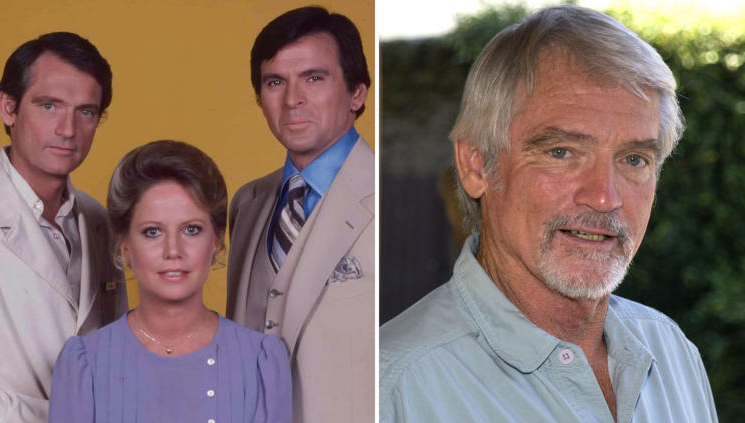Prince Frederik Dies After Long Battle With Genetic Disease
Prince Frederik of Luxembourg has died at the age of 22. The Grand Ducal Court confirmed his passing in a public statement on August 2, 2025. He had been battling POLG mitochondrial disease, a rare and progressive genetic disorder that affects the body’s ability to produce energy.
POLG mitochondrial disease interferes with the function of mitochondria, the parts of cells responsible for energy production. The condition often leads to multiple organ failure, muscle weakness, seizures, and other serious health complications. There is no known cure, and treatment is focused on managing symptoms.
Frederik was born in 2003 and was diagnosed with the disease in childhood. As he grew older, the illness affected more parts of his body. Despite his health challenges, Frederik remained active in public life as much as his condition allowed. He appeared alongside his family at official events and was involved in charities focused on rare diseases, youth health, and disability inclusion.
His family described him as kind, intelligent, and deeply committed to helping others. He often used his platform to raise awareness about mitochondrial diseases, appearing in public service messages and working quietly with medical foundations.
Although he held no direct claim to the throne, Frederik was a well-known member of the Luxembourg royal family. He was the grandson of Grand Duke Henri and Grand Duchess Maria Teresa and the son of Prince Guillaume of Luxembourg and Princess Sibilla. His extended family includes several senior members of European nobility.
Over the years, Frederik received care from top specialists in Luxembourg, Belgium, and Germany. His family worked closely with hospitals and research centers to explore treatment options and provide him with the best quality of life possible.
In a statement, the Grand Ducal Court said:
“Prince Frederik was a symbol of courage and resilience. His strength inspired everyone who met him. He faced his illness with dignity and never lost his desire to make a difference.”
Following the announcement of his death, European royal families and public figures shared their condolences. Messages came in from the Belgian royal family, the Dutch royal household, and several organizations dedicated to rare disease research. Many described him as a bright and compassionate young man who faced life with courage.
Frederik is survived by his parents, three siblings, and his grandparents. Funeral arrangements will be announced by the Grand Ducal Court in the coming days. A national day of mourning has not been confirmed, but public tributes are expected.
Prince Frederik’s life, though short, left a meaningful impact. He gave a voice to those living with rare illnesses and reminded many of the strength found in facing adversity. His story raised public awareness and brought attention to diseases that often go unnoticed.
He will be remembered for his bravery, kindness, and the quiet leadership he showed in the face of great difficulty.







